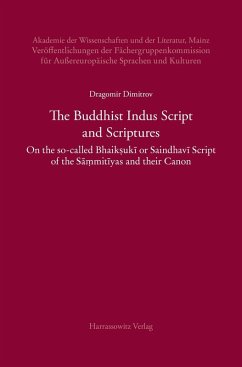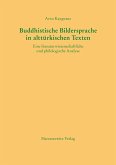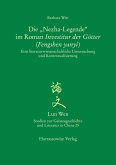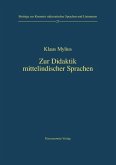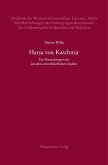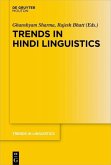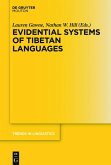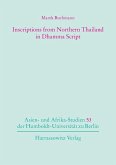The Buddhist Indus script (Sindhulipi or Saindhavi) refers to an Indian script with "arrow-headed" characters which the British Indologist Cecil Bendall (1856-1906) noticed for the first time in a twelfth-century manuscript, and which later scholars tentatively called "Bhaik¿uki". With the help of some Tibetan sources it is actually possible not only to establish its original name, i.e. "Saindhavi", but also to prove a direct connection between this script and the Saindhava monks or the Sa¿mitiyas. Despite the importance of this Buddhist school, until recently its original canonical literature was considered to have been lost. Dragomir Dimitrov presents now information about the unexpected discovery of several Indian manuscripts written in Saindhavi script and offers a new analysis of the Old Bengali codex unicus of the so-called Patna Dharmapada, which should rather be known now as the Saindhavi Dharmapada. This study proves that in fact a number of original canonical texts of the Sa¿mitiyas and some of their post-canonical works have survived. The texts are written in a Middle Indian language which it is suggested here to call "Saindhavi". The better understanding of the close link between the Sa¿mitiyas/Saindhavas, the Saindhavi language, and the Saindhavi script permits to fill some glaring gaps in Buddhist studies and Indian linguistics.
Dieser Download kann aus rechtlichen Gründen nur mit Rechnungsadresse in A, B, BG, CY, CZ, D, DK, EW, E, FIN, F, GR, HR, H, IRL, I, LT, L, LR, M, NL, PL, P, R, S, SLO, SK ausgeliefert werden.

